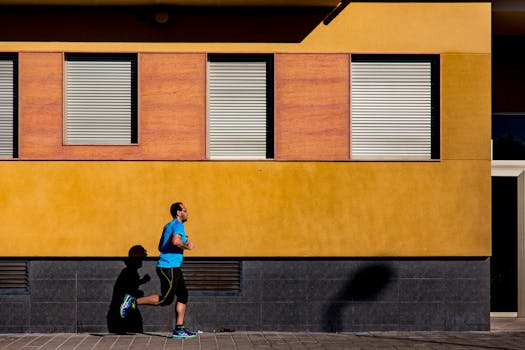
Understanding Flat Feet
Flat feet, also known as fallen arches, is a condition where the arches of the feet touch the ground when standing. This can lead to discomfort and even injuries, especially when running. Finding the right running shoes is crucial for support, stability, and minimizing pain.
What to Look for in Running Shoes for Flat Feet
- Arch Support: Proper arch support helps distribute pressure and prevents overpronation.
- Stability Features: Stability shoes help control foot motion, offering added support for flat feet.
- Cushioning: Adequate cushioning absorbs impact and increases comfort.
- Wide Base: A wider platform enhances stability and balance.
Top Running Shoes for Flat Feet
- Brooks Adrenaline GTS 23: Known for its excellent stability and support, this shoe features GuideRails technology to keep excess movement in check.
- ASICS Gel-Kayano 30: This model provides superior cushioning and support, helping to prevent overpronation common in flat-footed runners.
- New Balance 860v13: With a roomy toe box and dual-density foam, this shoe supports the arch and stabilizes the foot during runs.
- Saucony Guide 16: Lightweight yet supportive, the Guide 16 is praised for its responsive cushioning and stability features.
- Mizuno Wave Inspire 19: The Wave Plate technology offers added stability and arch support, making it perfect for runners with flat feet.
Tips for Selecting the Right Shoe
- Visit a specialty running store for a professional gait analysis.
- Try shoes on in the evening when your feet are slightly swollen for more accurate fitting.
- Replace your running shoes every 300-500 miles to maintain support and shock absorption.
Conclusion
Choosing the best running shoes for flat feet can enhance your comfort, prevent injuries, and boost your running performance. Consider the shoes listed above and remember to focus on stability, arch support, and cushioning when making your selection.
Comments
Post a Comment